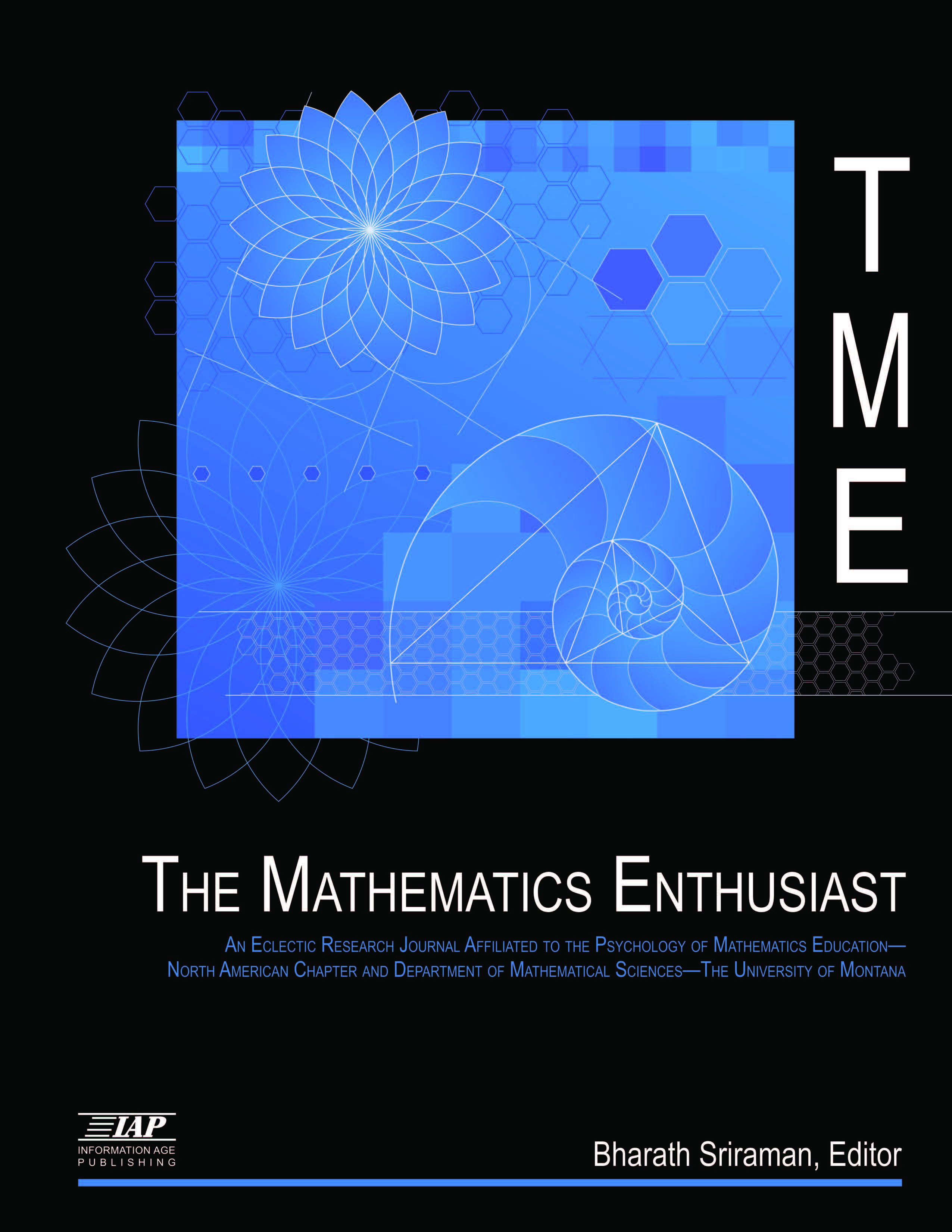
Volume
21
Issue
1-2
Abstract
The William Lowell Putnam Mathematical Competition is an intercollegiate mathematics competition for students in the United States and Canada and is regarded as the most prestigious and challenging mathematics competition in North America (Alexanderson, 2004; AMS, 2020; Grossman, 2002; Reznick, 1994; Schoenfeld, 1985). Students who earn the five highest scores on the examination are named Putnam Fellows. Since its inception in 1938, only 306 individuals have won the competition and a select few have won multiple times. Clearly, being named a Putnam Fellow is a remarkable achievement and therefore, understanding the factors and characteristics that contribute to their success is important for students interested in mathematics and STEM-related fields.
Twenty-five males who were named Putnam Fellows either four, three, or two times were recruited for the study. A 17-item questionnaire was created from various research sources (Campbell, 1996a, 1996b; Campbell & Wu, 1996; DeFranco, 1996), and used to collect information around four broad areas—personal experiences, formal educational experiences, the affective domain and the cognitive domain. Qualitative research techniques were used to analyze the data. The results indicated that four subcategories of personal experiences, five subcategories of formal educational experiences, seven subcategories involving the affective domain, and three subcategories of the cognitive domain all played an important role in the development of Putnam Fellows.
Future research recommendations should examine the factors and characteristics of female Putnam winners and ways to promote and support them as well as the role that Pólya-like heuristics play in the development of Putnam winners.
First Page
145
Last Page
178
Recommended Citation
Stroud, Robert A. J. and DeFranco, Thomas C.
(2024)
"An Examination of the Factors and Characteristics that Contribute to the Success of Putnam Fellows,"
The Mathematics Enthusiast: Vol. 21
:
No.
1
, Article 10.
DOI: https://doi.org/10.54870/1551-3440.1622
Available at:
https://scholarworks.umt.edu/tme/vol21/iss1/10
Digital Object Identifier (DOI)
10.54870/1551-3440.1622
Publisher
University of Montana, Maureen and Mike Mansfield Library
